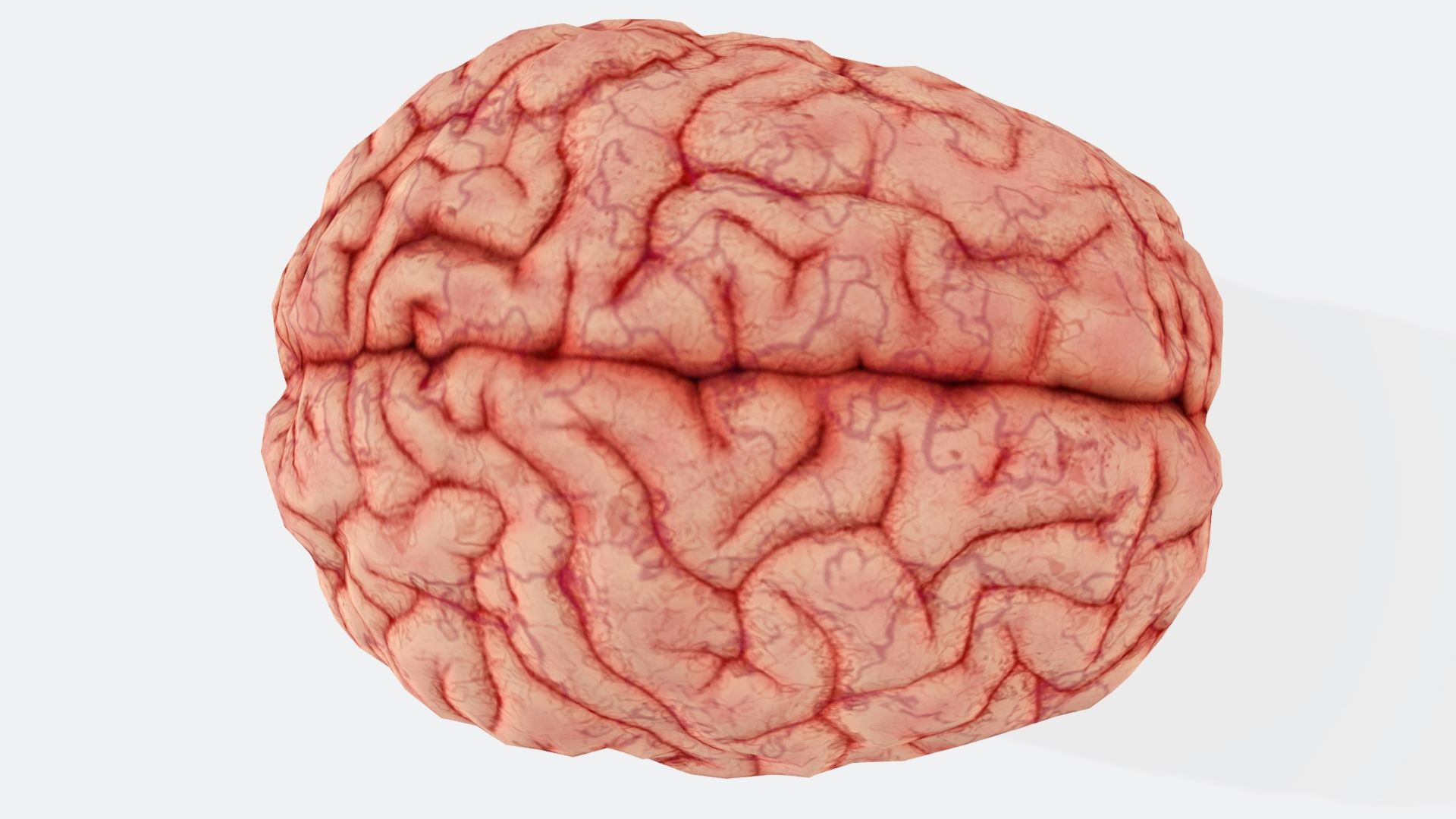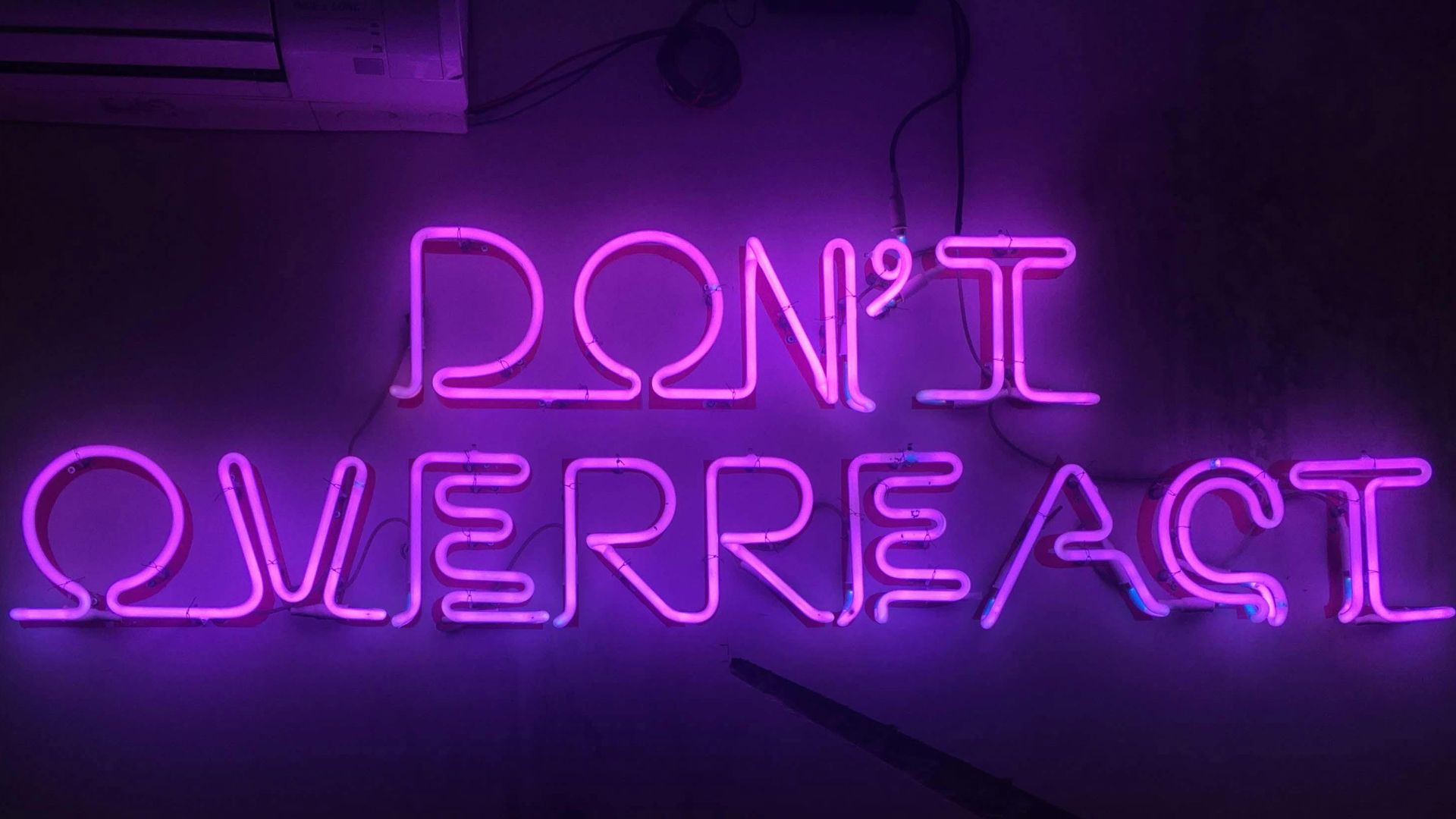10 Things You should Never Tell Someone With Anxiety & 10 Reassuring Things To Say Instead
10 Things You should Never Tell Someone With Anxiety & 10 Reassuring Things To Say Instead
Words Of Wisdom...Or Not
Despite being the most common mental disorders, anxiety disorders are woefully misunderstood by the general public. An estimated 4.4% of the global population experience anxiety disorders, yet only a quarter receive treatment, likely due to social stigma. You probably have someone in your life suffering from an anxiety disorder; here are some things that you should & shouldn't say.
1. Get Over It
A good rule of thumb is to treat mental illness the same way you would treat physical illness. Would you tell someone with the flu or a broken leg to "get over it?" Of course not. While there are highly effective treatments available for anxiety disorders, there is no "getting over" them, only making them bearable.
2. Everyone Gets Nervous
Yes, everyone gets nervous. However, an anxiety disorder is not the same as an anxiety disorder. Anxiety disorders involve debilitating levels of fear and panic that can interfere with your daily life. Unless you experience these feelings, you have no way of knowing what the other person is feeling.
3. You've Overreacting
One of the most frustrating parts of having an anxiety disorder is knowing that your reactions are irrational but being unable to prevent them. Not only does this line of thinking invalidate what the other person is feeling, it also blames them for feelings they cannot control.
4. You'll Miss Out
People living with anxiety have heard the phrase "You miss 100% of the shots you don't take" more times than they can count. It's important to remember that anxiety isn't a choice. People living with anxiety already know that sometimes their disorder makes them miss out on fun and/or important events.
5. Grow Up
While anxiety disorders typically manifest in adolescence, there's nothing childish or petty about them. Similarly, there is nothing childish about needing help. We're not talking about being nervous before a class presentation, we're talking about ever-present feelings of doom.
6. It's All In Your Head
Of course mental illnesses are in your head, what else would "mental" mean? A brain tumor is also "all in your head", but most people would never dream of saying something so flippant in that context. Also, anxiety can manifest in chest pain, nausea, and headaches, meaning it isn't just in your head.
 BUDDHI Kumar SHRESTHA on Unsplash
BUDDHI Kumar SHRESTHA on Unsplash
7. Chill Out
Chilling out is easier said than done. Having a drink won't automatically make an anxious person unwind (and, in fact, alcohol can negatively interact with several anti-anxiety medications). Neither will trying yoga or meditation.
8. Everything Will Be Fine
It's easy for you to say that everything will be fine when you aren't the one plagued by persistent thoughts of paranoia and disaster. Anxiety cannot be defeated by facts and logic, nor do they obey the rules of logic. Give people with anxiety disorders some grace.
9. Others Have It Worse
People with anxiety disorders know that they could have things so much worse, and they know that others do have it much worse. Saying this isn't going to make them magically snap out of a spiral. In reality, it's likely to further the spiral by making them feel guilt over emotions they cannot control.
10. Calm Down
If calming down were as easy as thinking the words "calm down", then the whole world would exist in a state of zen. Unfortunately, it's easier to tell someone to calm down than to actually do it. Keep reading for ways that you can help a person calm down rather than just saying it.
Now that we've covered some things you shouldn't say, here are a few things to say instead.
1. How Can I Help?
Honesty is the best policy when it comes to helping loved ones deal with mental illness. If someone trusts you enough to be open about their struggles, you should be open about how you can help them. Maybe they need someone to accompany them to an event or to reassure them.
2. You're Not Alone
Anxiety can be enormously isolating, especially when it feels like nobody else could possibly understand what you're going through. While you might not be able understand exactly what your loved ones are struggling with, you can reassure them that they don't have to go through this alone.
3. I'm Here For You
Even if you don't know how to help someone, offers of assistance are always appreciated. Whether you make plans to check on them, help them through a situation that makes them anxious, or provide a sense of grounding, anything you can do to help can help ease the burden.
4. Help Me Understand
Anxiety is different for everyone. While doing some general research on anxiety disorders can help you understand them as a whole, the best way to know what a specific person is going through is to ask! Additionally, talking through feelings can help the other person make sense of them.
5. Stay In The Present
Anxiety disorders strive when there's a lack of control. It's unfortunately very easy to let anxious thoughts spiral out of control until your anxiety is seven steps ahead of you. To prevent your loved ones from catastrophizing, it's important to remind them that the worst hasn't happened yet.
6. It's Not Your Fault
Mental illnesses are never anyone's fault, even when they run in the family. Unfortunately, due to social stigma along with the disorder itself, people with anxiety often place the blame firmly on their own shoulders. It's important to remember that progress is not linear.
7. Don't Be Ashamed
Similarly, nobody should be made to feel ashamed of their illness or disorder. Millions of people around the world struggle with anxiety—more than 321 million to be exact. The sooner we destigmatize mental illness, the sooner we can move towards a kinder and more tolerant world.
 Priscilla Du Preez 🇨🇦 on Unsplash
Priscilla Du Preez 🇨🇦 on Unsplash
8. Concentrate On Your Breathing
It can be difficult to breathe when having a panic or anxiety attack. Many people find breathing exercises helpful in regulating their physical and/or emotional responses. It's important to treat these attacks with patience and help loved ones through them.
9. Let's Sit Together
An anxious mind is often one that's racing at 100 mph; sometimes, the best thing you can do to help is to slow down. Slow things down, let the person process their feelings, and offer them a shoulder to lean upon. Additionally, sitting down and interacting with the physical environment can help ground people.
10. I'm Proud Of You
Living with mental illness can make even the smallest of tasks feel monumental. It's important to celebrate small victories when they arise, even if it's going to a crowded party or restaurant. Celebrating these achievements can lead to further progress.


























